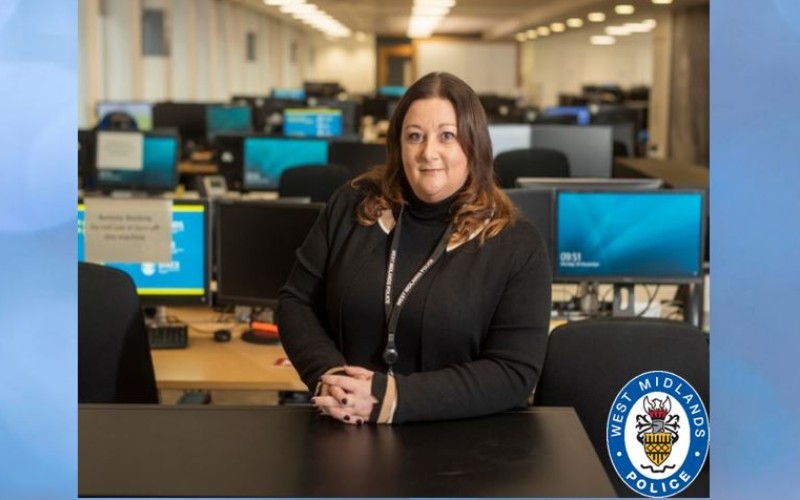Helen Davis has transformed how West Midlands Police uses its data, resulting in a number of policing firsts.
As head of technology at the force, Davis is the chief influence behind the drive to turn data into actionable insights to better serve the public.
However, succeeding in such a male-dominated sector has required her to break stereotypes along the way.
It was during her studies that Davis first became curious about how technology, partnered with business processes, could help improve how organisations operate.
After completing her degree, she joined HMRC at a time where the department was first launching its online filing of tax returns.
“It was the opportunity to be involved in a team making these sorts of ground-breaking digital changes which attracted me to the role,” she told BusinessCloud.
“This has remained a passion of mine throughout my career and has seen me take on roles that allow me to be at the heart of these kinds of transformations.”
After a decade of working her way up in HMRC, she went freelance, specialising in the transformation of legacy IT departments. This move led her to work with the West Midlands Police.
Tasked with remodelling the force’s IT department, she was eventually appointed head of technology and now leads a team of engineers and visualisation specialists who have revolutionised the force’s digital capabilities.
“I became hooked on the incredible results being achieved and the genuine, positive impact they were having on policing,” she said.
One of Davis’ biggest challenges at West Midlands Police was the creation of the force’s Data-Driven Insights Project, in partnership with Cloudera and Accenture.
A policing first, this cutting-edge initiative radically improved the force’s data and analytics capabilities. At the heart of the project is a data hub consolidating information from siloed systems and allowing for fast data insights and positive interventions.
With an easy-to-use search function, the force now has a single source of truth for all police data, which can be securely accessed by 6,000 concurrent users, in real-time, across desktop and mobile.
It has already been used to inform more than 1.5 million inquiries. Police on the street can now access vital information – for example, about a location or car registration – at the touch of a button.
“It was seeing first–hand how this technology was helping police officers on the streets that made me proud of what we have achieved,” said Davis.
Other ground-breaking changes include the ability to process 100s of millions of records every 120 minutes, helping to inform over 193k enquiries per month.
Davis and her team recognised that while data brings great opportunity, it also brings a greater responsibility in terms of how the force is using these analytics.
Keeping this in mind, the team created an independent data ethics committee alongside the Police and Crime Commissioner. As the mastermind behind the organisation’s tech strategy, Helen has placed data at the heart of improving policing operations to the benefit of the communities that they serve.
Davis’ journey has not been without its difficulties. It is no secret that women are in the minority when it comes to holding tech roles, making up less than 10% of the senior leadership team.
Although many companies like West Midlands Police and Cloudera are leaders in promoting Diversity and Inclusion, there is still a gender gap, which makes climbing the career ladder harder for women than their male counterparts.
“In this industry, I have come across outdated advice time and time again. One suggestion was that I should try to be more male than the men in the room – something I had no idea how to be,” she revealed.
Davis says she had to deal with frequent assumptions that she was junior to her actual role.
Her advice for women looking to work in tech and IT is simple: don’t change who you are; instead, strive to educate those who discriminate against you.
“We all have a role to play in challenging the status quo because if we don’t then nothing will change,” she said.
“As companies make strides in digital transformation, progressing diversity and innovation should go hand in hand in order to be successful.”


